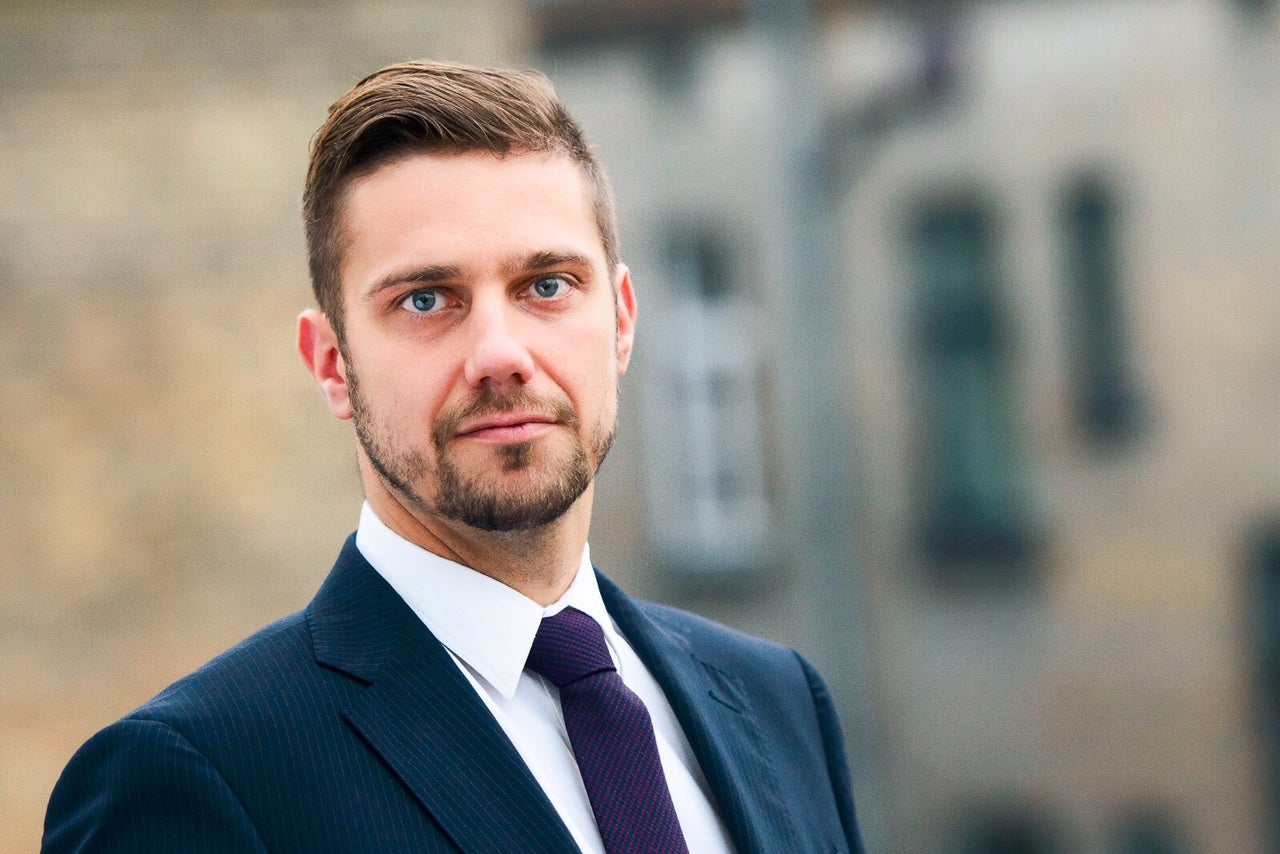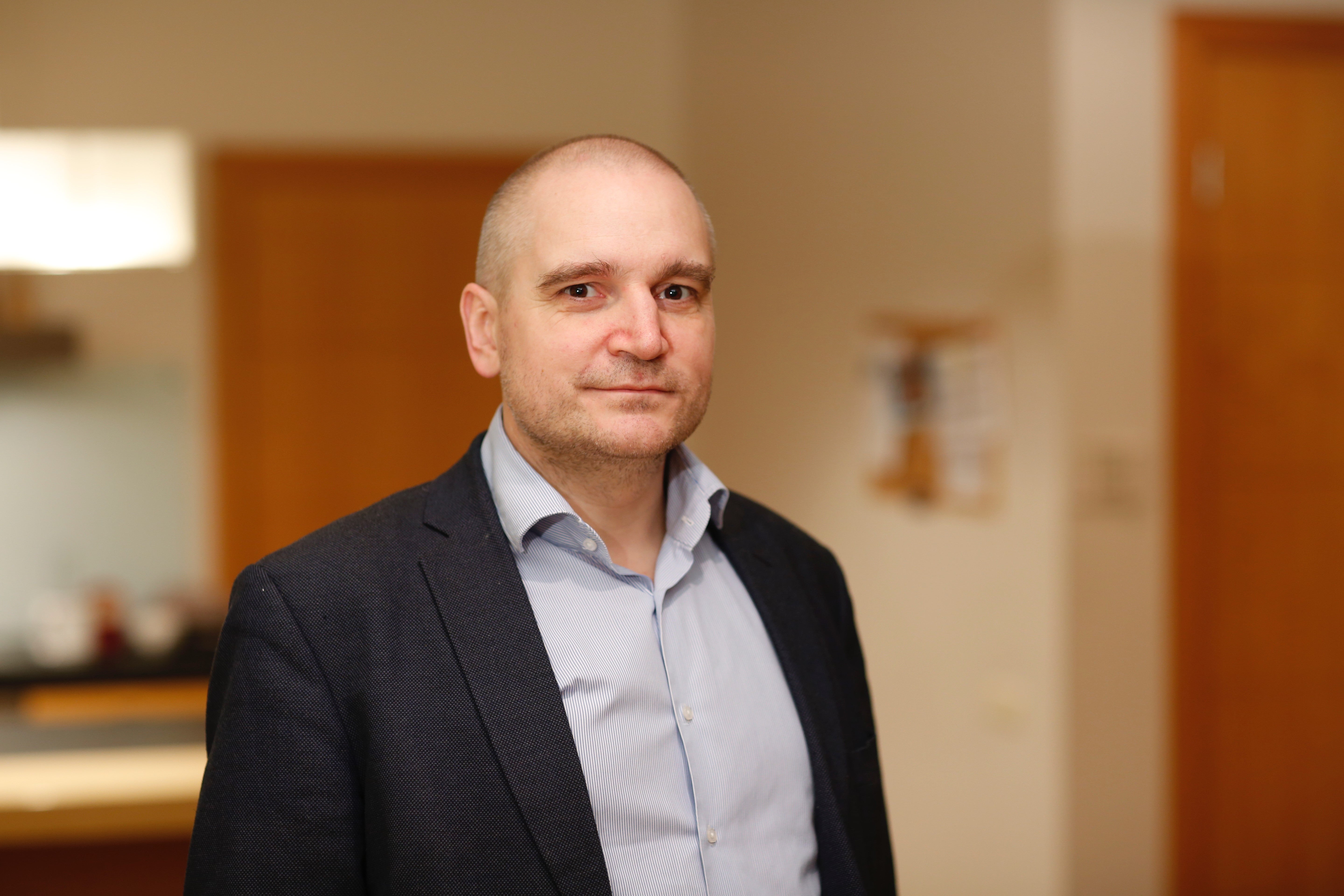Business In The Baltic: Latvia Is Eager To Forge Strong Ties With UAE Businesses Latvia, a small northern European state, has started forging strong business ties in the GCC region, and especially in the UAE.
By Tamara Pupic
You're reading Entrepreneur Middle East, an international franchise of Entrepreneur Media.

Over the last few years, the UAE and Latvia have taken their relationship to the next level. In fact, the UAE was the first Arab country to open an embassy in the Baltic region in 2014, and soon after, Latvia appointed its first ambassador to the country, following the opening of its embassy in Abu Dhabi. An exchange of visits of highly-ranked government officials has brought forth negotiations on a number of sectors, which has been further bolstered with the launch of a direct flight by the Latvian airline airBaltic between the Latvian capital Riga and Abu Dhabi. The imports and exports between the two countries have been on the rise as well: last year alone, the export of Latvian goods to the UAE amounted to EUR76.8 million, while the import value reached EUR4.8 million.
The subsequent increased promotion of economic ties between Latvia and the UAE has attracted entrepreneurs in both nations to consider each other's backyards more closely, which is a development I got to witness first-hand on a trip to Latvia that was organized by the Investment and Development Agency of Latvia. Consider the example of Ilze Zaharane, the founder and CEO of CheeksUp, a Riga-based startup that has developed a motivational computer game to be used by speech therapists for children. Her startup was one of the finalists for the Expo 2020 Dubai's bi-annual Expo Live's Innovation Impact grants program. Following her stay in the UAE, Zaharane believes that the country offers many opportunities to entrepreneurs of her ilk. "The population is growing, and people in the UAE are always eager for the best things you can get," she says. "The biggest strengths of Latvian entrepreneurs are analytical thinking and creativity, but our biggest weaknesses are that we often undervalue our importance, the quality of our projects, and their ability to grow. This low self-esteem, and in combination with being shy, which is due to our Nordic mentality, can sometimes be a dealbreaker for the business. On the contrary, entrepreneurs in the UAE definitely don't have this "quality.' From what I have seen, they are great traders, which means that they are courageous and excellent communicators. Latvians need to stop being shy and pessimistic, and entrepreneurs from the UAE are definitely a good inspiration for us to overcome our struggles."
Source: CheeksUp

Source: Latvian Business Angel Network

Source: Aerodium Technologies
One of the more established Latvian businesses making their presence felt in the Gulf is Riga-based Primekss, a patented system for making ecologically-friendly concrete solutions. Its founder and CEO Janis Oslejs explains that negotiating a deal in the GCC region involves developing deeper trust and personal bonding, whereas Latvian entrepreneurs take a more pragmatic approach to business. "When negotiating with GCC clients, a strong feeling emerges that heart and soul have far higher importance," he says. "In the GCC region, business is more than business; it is also a deep connection, friendship, and family. That is good, because it makes life richer and more meaningful. Another key difference is that for Northern Europeans, it takes longer to negotiate the contract to which, once signed, people don't try to make changes, in order to avoid spending time on renegotiating. The cost of this behavior is that sometimes the contracts do not match the reality, and things are not done in the most super optimal way, although they are predictable in the future. In the GCC region, however, signing a contract is just a good beginning for further negotiations to adjust it to real life. That is sometimes confusing for Northern Europeans. The benefit of this is that things are perfectly adjusted and optimized."
When looking at the management style of Latvian and GCC-based business owners, a difference can be seen in that Latvians accept delegating their work, whereas their GCC counterparts prefer to hold the reins of power more strongly, Oslejs adds. "For Latvians, the rank of the person making the deals does not matter so much," he says. "It is not unusual for a quite low-ranking person to hold power to sign agreements and negotiate the details, to which the boss will just nod and accept. In GCC, the system is to have the boss enter negotiations in a much more hands-on manner. Indeed, in the GCC it is important to talk boss-to-boss. It can happen that a Northern European company sends a lower-ranking employee, as it is their habit, whereas a GCC company sends the boss to negotiate. This may lead for the GCC partner to feel he/she is not respected, and not taken seriously enough. We have to accept that for negotiations in the GCC region, a high-ranking official or owner must be present to avoid inadvertently insulting the GCC party. I would say that Latvians can learn the speed of decision making and flexibility in the face of problems, whilst our colleagues in the GCC region can learn how to involve more people to make meaningful improvements to the company processes and products."
Source: Primekss

Andris Ozols, General Director, Investment Development Agency of Latvia.
Source: Investment Development Agency of Latvia
FORGING BONDS
Arvils Aseradens, the Minister for Economics of the Republic of Latvia and the Deputy Prime Minister, on the ties between Latvia and the UAE
Relations between our countries have never been so intense and dynamic as they are today. Latvia opened the diplomatic mission in the UAE in 2014, and a year later [in 2015] the Foreign Economic Representative Office of Latvia in the United Arab Emirates, promoting ever closer cooperation between businesses of our two countries. Moreover, this year [2017] Latvia welcomed the posting of the first resident Ambassador of the United Arab Emirates to Latvia, and Latvia also appointed its first resident Ambassador to the UAE. On May 8, 2016, the Agreement on Economic Cooperation Between Latvia And The UAE was signed. We hope that very soon we will welcome delegations from the UAE to our capital Riga to hold the first session of the Joint Economic Committee.
To promote stronger business cooperation between Latvian UAE-based entrepreneurs, representatives from almost 70 companies visited the UAE in February 2017, during the visit of President of Latvia H.E. Raimonds Vejonis. The visit was an important step for our entrepreneurs to establish contacts and agreements on cooperation with their Gulf counterparts, especially in food, information technologies, tourism and medical tourism, pharmaceuticals, as well as construction and educational areas. During the visit, the Memorandum of Understanding on the establishment of the Latvian Arab Business Council of Entrepreneurs was signed. Furthermore, we are very glad that Latvia has already been successfully represented with a national stand at international exhibitions taking place in Dubai- Gulfood, Gitex, The Big 5, Arab Health and Downtown Design.
Over the past few years, Latvia has been rapidly developing its startup ecosystem to attract companies from all over the world, including the UAE which is an important partner for Latvia. As a result, Latvia has become an attractive choice for startup businesses, offering various advantages: a special tax regime for startups; an opportunity to receive a residence permit up to three years under The Latvian Startup Visa program; funding from three new accelerator funds and two venture capital funds for seed, and two for growth stage businesses, with a total of EUR60 million public financing available in 2018; access to the EU market and benefits of Eurozone member country; comparable low living costs; and an easy connection to the rest of the world.
SMEs are the backbone of the Latvian economy, thus strengthening their competitiveness is crucial to job creation. One of our top priorities is to facilitate startup and SME development- Latvia has implemented more than 540 activities, reduced costs of establishing a business, introduced a one-stop shop principle for starting up businesses, introduced property online registration, and simplified regulation for tax accounting and payment, among other activities.
Source: Investment Development Agency of Latvia












